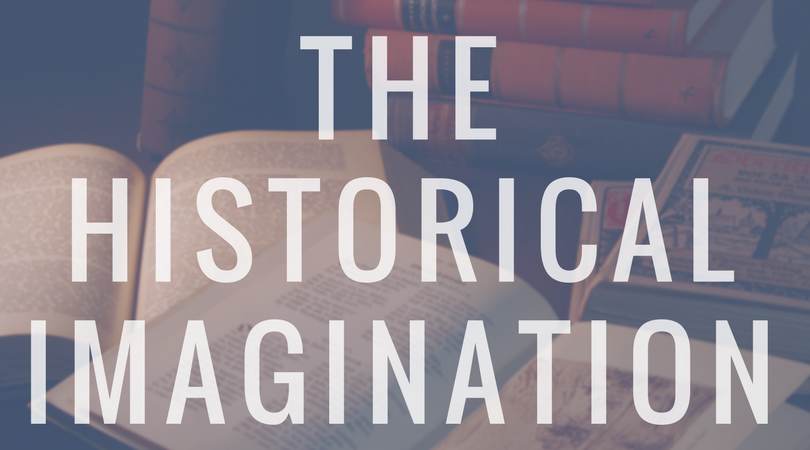Cultivation: A Final Reflection
I didn’t know what to expect when it came to HIS-290: The Historical Imagination. I expected a traditional methodology course, much like POL-226, a ‘weedout’ course that taught me how to read and write for Political Science and International Relations. It weeded me out, and I dropped my International Relations major. In HIS-290, I expected long papers, analysis of primary source documents, and heavily-critiqued annotated bibliographies. There was certainly some amount of methodology instruction in this course, but it wasn’t entirely methodology, and for that, I was grateful.
In HIS-290, we researched public history and how it can be applied in our futures. We learned about possible careers for historians. We celebrated internships and critiqued public history projects. We learned about presentism and how to think with intent about history. While we wrote annotated bibliographies and outlines and typed metadata, there was a base layer to our work that should inform a globally-focused, engaging, and responsible historical education, one that is in line with the curriculum Agnes Scott College promises. The Agnes Scott History Department wants us to be able to write a 25-page senior seminar, but they also want to develop the future historians of the world, and that is evident in the coursework of HIS-290.
Why does the Agnes Scott History faculty want to create a different type of historian? I am positive that these classes exist at other academic institutions, but I assure you, their methodology classes are completely different. They are more like the POL-226 Methodology course: papers, intensive writing and research, and more papers. HIS-290 was not, nor is it ever intended to be, a weed-out course. It is intended to make students fall in love with history, to pursue it as a career path. Perhaps, as a small department, the History faculty doesn’t want to lose any students in an unnecessary weed-out process. But the intent behind the HIS-290 curriculum is much deeper than cultivating class size and graduating majors; the course wants to foster a lifelong love of history and develop responsible and engaging historians. The History faculty cares deeply about the futures that they nurture. Can that be said for other colleges?
Because of HIS-290, I am ready to approach my senior seminar from a new angle, one that takes into account all aspects, identities, and perspectives of the topic. I am ready to work in Historical Interpretation this summer at Old Sturbridge Village and encourage visitors to think deeply about the 1830s farm at which they are watching me churn butter. Furthermore, I am excited about how The Historical Imagination will inform my future, whether as a Historical Interpreter, a Social Media Manager, or as a Novelist, my true dream. To develop engaging and dynamic histories for the enjoyment of the public is a dream of mine, and I know that HIS-290 has prepared me well to achieve these goals.
